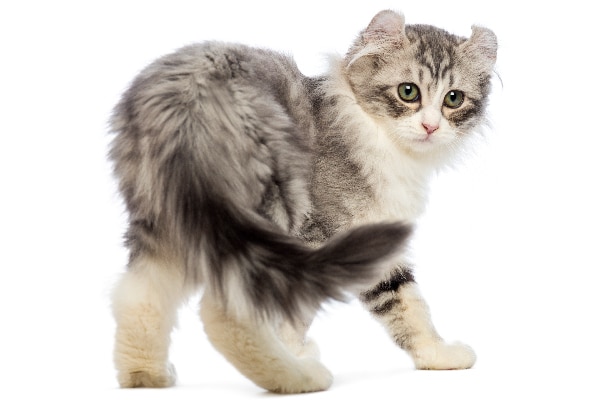Why Do Cats Bite The End Of Their Tails

Digiacomo explains that bite wounds are one of the most common cat tail injuries seen in her practice.
Why do cats bite the end of their tails. Sometimes they chew their tails because they re itchy which isn t cause for concern. If your cat is chewing on his tail more than is typical take a closer look and call a veterinarian. Excessive biting and gnawing though can indicate a multitude of medical issues. These include boredom stress separation anxiety and obsessive compulsive disorder.
Presumably this happens when the cat is running away and the other animal latches on to the tail digiacomo explains. Tail injury trauma is so traumatic. Dislocation bacterial infection abrasion nerve damage laceration self mutilation degloving bite wounds and fan belt injuries. Something as simple as a flea bite on the tail or an arthritic tail joint could spur interest in the tail that escalates to attack.
Fleas may congregate near the base of your cat s tail resulting in the skin there becoming itchy. The term love bite is somewhat of a misnomer. The tail up posture tail straight up with a slight curve at the end is a signal that the cat is approaching amicably ballantyne continues. Sudden changes to your home environment such as a new person in the home or a move can cause stress behavior such as tail chewing.
This posture witnessed among feline. Common causes of tail injuries in felines include. Cats can also have a condition called hyperesthesia syndrome which is caused. Cats are natural born predators and as such seemingly aggressive actions such as biting pouncing and clawing make up a large part of their play.
And since your cat lacks complex communication channel to tell you about the pain it will nibble or bite its tail. One of the main causes of skin irritation in cats is skin parasites like fleas. Even if the bite wound is small and can heal on its own skadron emphasizes that more serious problems can arise. Allowing and encouraging this natural instinct is important for felines but there is a fine line between engaging in stimulating play and allowing aggressive behaviour.
If the petting continues despite the cat s efforts to signal that he or she is done with being petted the cat may escalate to a bite says dr. Cats normally groom their tails as they do the rest of their bodies. Cats may also bite their tails for behavioral reasons. Ringworm a type of fungus can also cause skin irritation as can food allergies.
Cats will chase their tails if there is an infection and the tail is uncomfortable or if it is itchy from allergies.

















